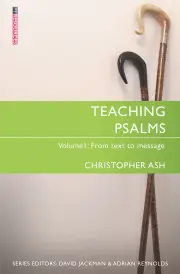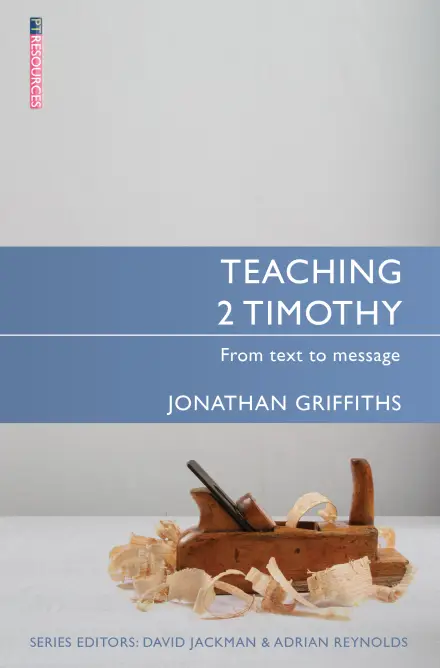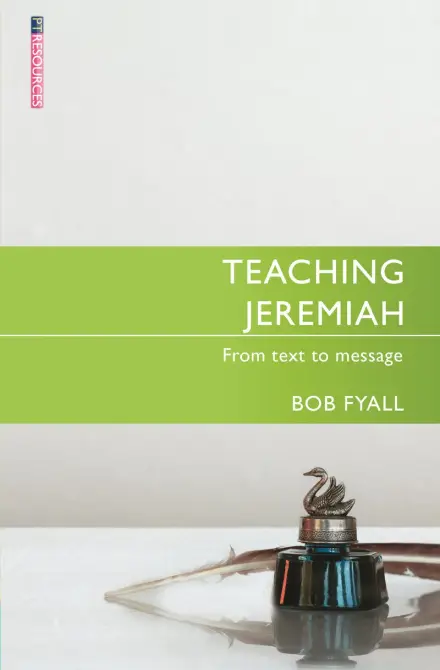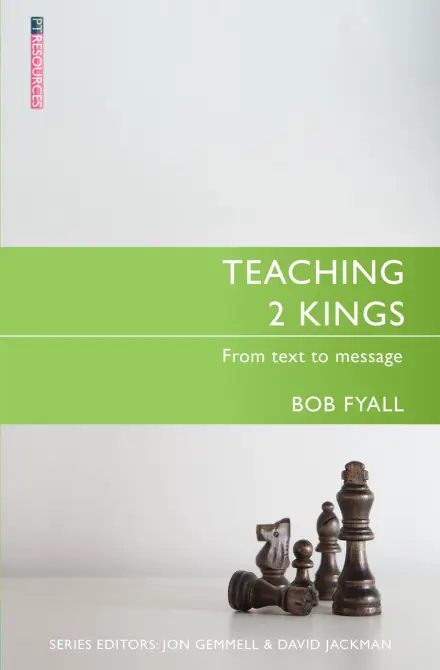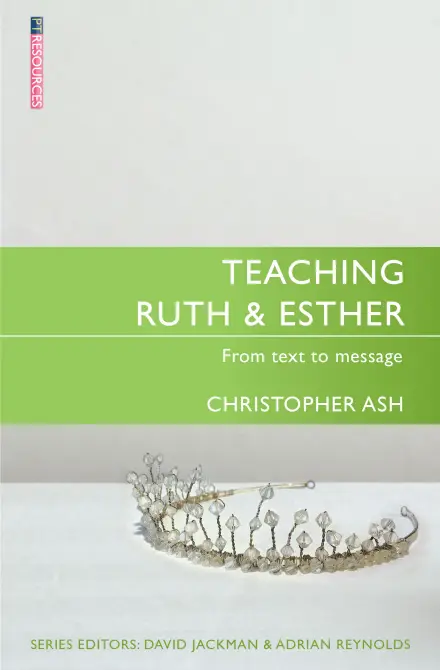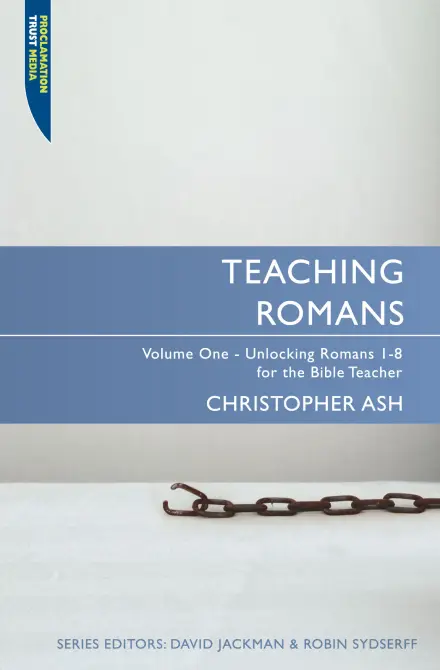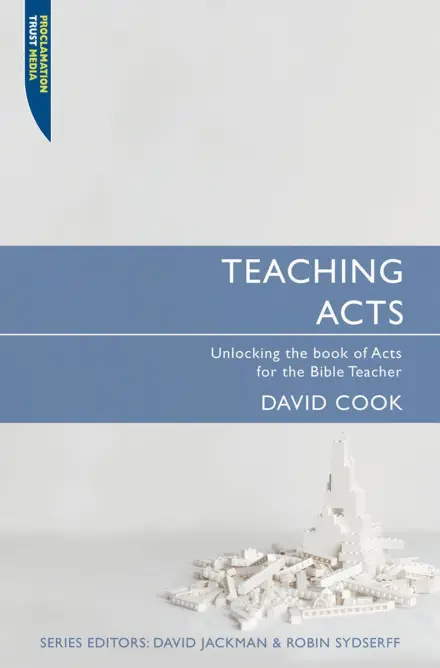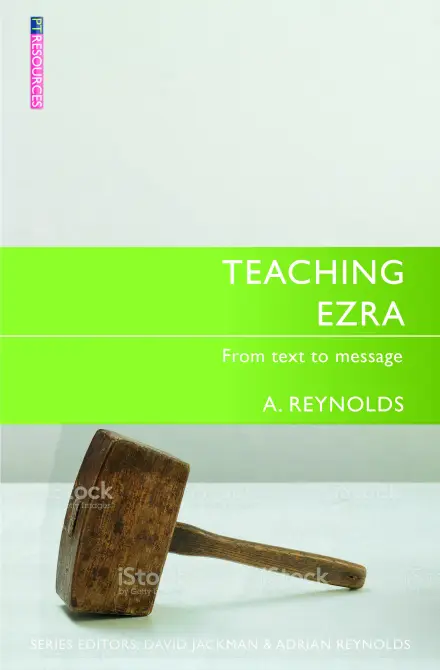A new go-to resource... but lacks some key elements, which will hopefully be addressed in Vol. 2
For a long time, I've lamented the lack of quality evangelical resources on the Psalms. Most evangelical commentaries lack depth, or just get their reading plain wrong. This often puts the earnest teacher in a position where they must comb the works of more liberal writers, who usually have stronger scholarship or seem to "get" the Psalms more (Walter Brueggeman, N.T. Wright, Eugene Peterson), but obviously lack both a strong doctrine of scripture, and often a Christological focus. This means you spend a lot of time mining for nuggets when teaching the Psalms, and that there aren't a lot of things to recommend to the average congregant.
So I'm very glad that this has been published! I was excited to hear about this, having read Ash's Job: The Wisdom of the Cross commentary in the Preaching the Word series, and been hugely helped by his handling of wisdom literature there. This did not disappoint!
I'd make this a go-to book if I were introducing someone to teaching the Psalms. In fact, the vast majority of this would be useful for anybody looking to understand the Psalms, as only the last (somewhat shorter) part deals with teaching. So much to recommend - chiefly, the way in which he ties our reading of the Psalms to Christ in a way that actually honours the weird warp and woof of the Psalm texts, rather than glossing over the details to get to Jesus. If you've read widely on the Psalms, Ash doesn't say anything new, but he brings in ways of reading the Psalms that have been left somewhat out in the cold in contemporary evangelical writing. Read it, use it. Overall, a great resource.
I have a few of gripes though. I'm hopeful these may be improved upon in the second volume, however.
Firstly: using the dominant image of Jesus as our choir leader, Ash repeatedly states that we "join in" with Jesus' songs and prayers; but he doesn't really lean into what that means. He (rightly) takes Psalms out of our mouths, and puts them into Christ's - but it feels as if he often doesn't then put them back into our mouths with a sense of what they now mean for us. It's clear how they're the prayers of the head, but not always clear how they then become the prayers of the body. What, cognitively, should be going on in the mind of a Christian as they join in with Christ's words in the Psalter? There are snippets of answers, but nothing focused enough.
Secondly: a similar problem, Ash seems to often skip over what the Psalms would have meant for the Old Testament believers who sung them in the temple. His line of interpretation usually goes: David--->Christ--->Church. He makes David's foreshadowing of Christ, and his inability to measure up to all the "standards" of the Psalms, really clear; but this skips over the question of what Israel would have made of all that. This is no minor thing, as David wrote the Psalms for Israel, his last great work in life as he established the temple's music ministry in Chronicles before he died.
Thirdly: perhaps related to the second problem, this book falls down hugely in the lack of attention given to the use of the Psalms in corporate worship. I imagine this wouldn't cross the mind of most readers of Proc Trust resources, but it's so key! The objection may be made that this is a book about teaching the Psalms, so of course it focuses on preaching, but that is a profound misunderstanding of how psalms work. One of the principal ways to teach the Psalms is to learn the Psalms! Corporate reading of the Psalter is given a brief mention on almost the last page, as something that happens in "one church" which Ash knows of. Ash says at the start of the book that he's reclaiming an older way of reading the Psalms, but he undermines that venture by not focusing more on psalms in worship. If the great Psalms commentators of previous eras were around today, they'd be more baffled by the absence of the Psalter in corporate worship than they would be by our exegesis of it.
Rhys Laverty
Essential Reading
Teaching the Psalms? Read this. Want to Pray the Psalms? Read this. Find Psalms difficult? Read this.
Christopher Ash has written a phenomenally useful handbook for praying (and teaching) the Psalms in this book, which might be more accurately titled, 'Praying the Psalms'. It is, as Ash contents, "only those who have authentically prayed a Psalm can, with integrity, teach others to pray it." (p. 241) Ash's most useful insight is that we tend to preach the Psalms in their immediate context, but then high tail it straight to us, skipping over the awkward bits, subverting the meaning of the Psalms. Instead, Ash argues that we need to see the Psalms as prayers of Jesus and that through him, we can join in with praying them as the whole people of God.
I'm hugely looking forward to Volume 2 - when Ash provides commentary on how all 150 Psalms find their true fulfilment as prayers of Jesus.
Gareth Russell
